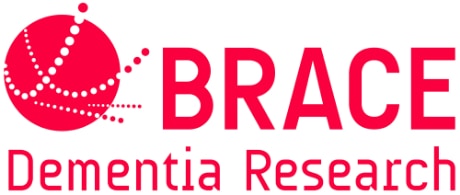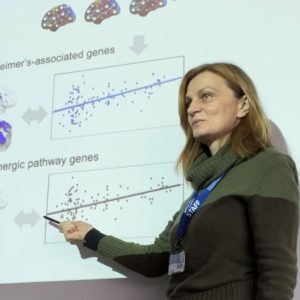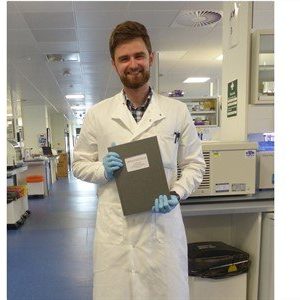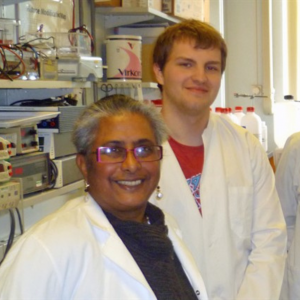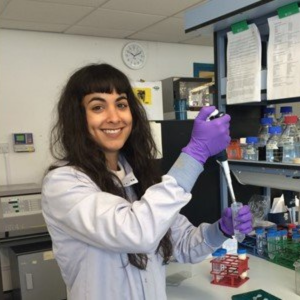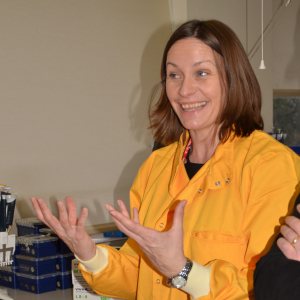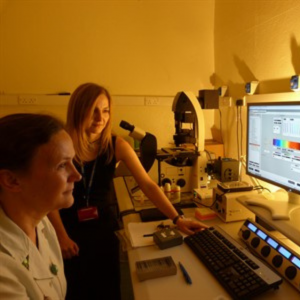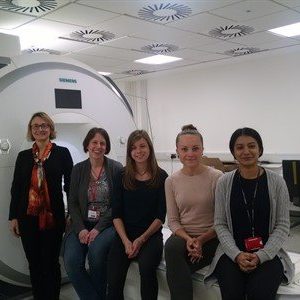Causes & Understanding
BRACE is a research charity dedicated solely to funding research into different forms of dementia.
Below you can find BRACE-funded research projects that have looked into the causes & understanding of dementia.
Please note that not all BRACE-funded research projects are featured on our website.
RESTing for Autophagy Control in Dementia.
Exploring the role of anti-stress pathways in dementia.
Brain ageing model: identifying neuroimaging patterns with relevance to neurodegeneration.
Research from 2010 - 2022:
Emma’s research has focused on determining the integrity of brain functions other than memory in vascular dementia.
“Epigenetics” looks at how behaviours and the environment can cause changes to the way genes work in the body.
Marta’s PhD project explored the relationship between two proteins, amyloid-beta (Aβ) and alpha synuclein (α-synuclein).
Prof Steffen Scholpp and his research team will test how WNT and β-amyloid interact in neurons.
Using stem cells to model fronto-temporal dementia. Developing human induced pluripotent stem (iPS) cell derived models.
This project seeks to utilise a series of molecular biology techniques to test the role of catenins in those with dementia.
This research will help identify potential drug targets which can be used to alter the progression of dementia related diseases.
Role of ubiquitin protein ligase Nedd4.1 and Nedd4.2 in dementia with Lewy bodies - Pilot Grant.
The relationship between later life depression and Alzheimer’s disease: bystander or participant?
This research will provide the basis for understanding why certain genes increase the risk of dementia.
Processes controlling the communication between brain cells in Alzheimer’s disease and Down’s syndrome.
Understanding what brain changes lead to subjective cognitive impairment may pave the way for a test for early-onset dementia.
This study seeks to provide consistent evidence for the non-genetic risk factors which lead to dementia.
The project will look at the link between the processing of amyloid precursor protein (APP) from which amyloid-beta is produced.
Identify if there are any measures of executive function which are predictive of real-world behaviours in older adults.
Understanding how protein changes lead to reduced brain blood flow and increased dementia risk.
Exploring the therapeutic potential of blocking the metabotropic glutamate receptor in the Alzheimer’s disease brain.
This project will look at the extent and location of epigenetic changes of the ANK1 gene in Alzheimer’s disease.
This project will seek to understand if glutamate can be used as a biomarker for Alzheimer’s disease.
This research concentrates on cellular and molecular pharmacology to understand more about Alzheimer’s disease.
How do differences in midlife adiposity and APOE genotype as risk factors for dementia affect brain structure and cognition?
